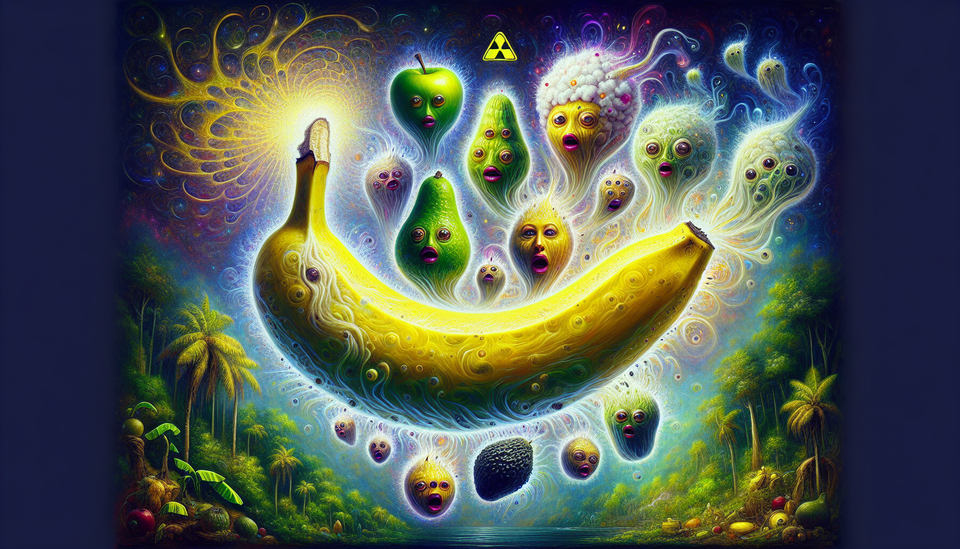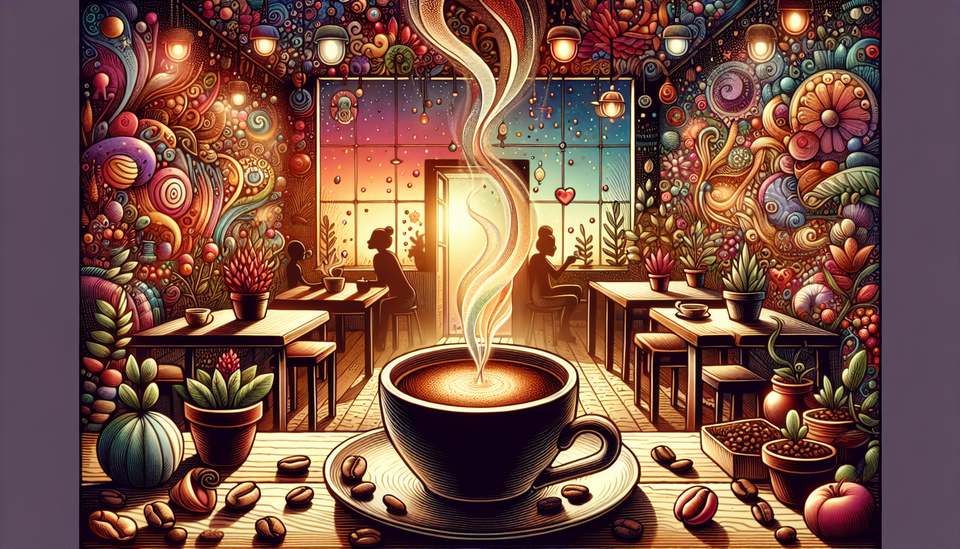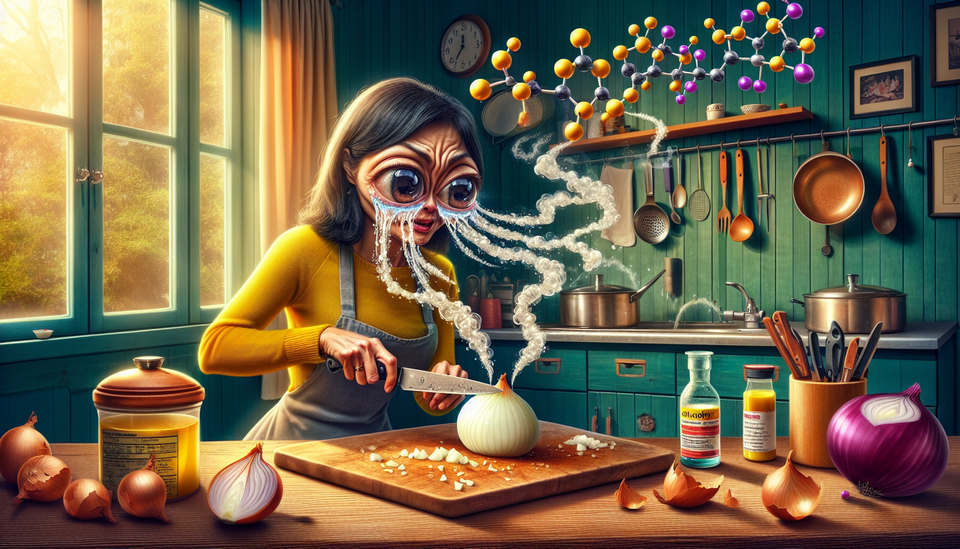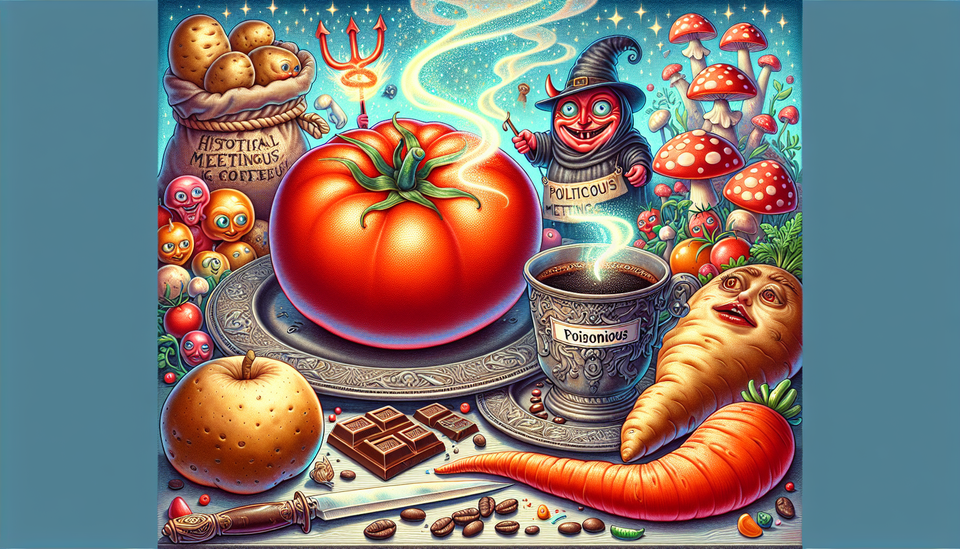Can Eating Carrots Really Improve Your Night Vision?
Can carrots really turn you into a night-vision superhero? You’ve heard the myth, but what’s the truth behind this crunchy claim? Discover the WWII secret that sparked the rumor, the science behind Vitamin A, and why your night-time eyesight might
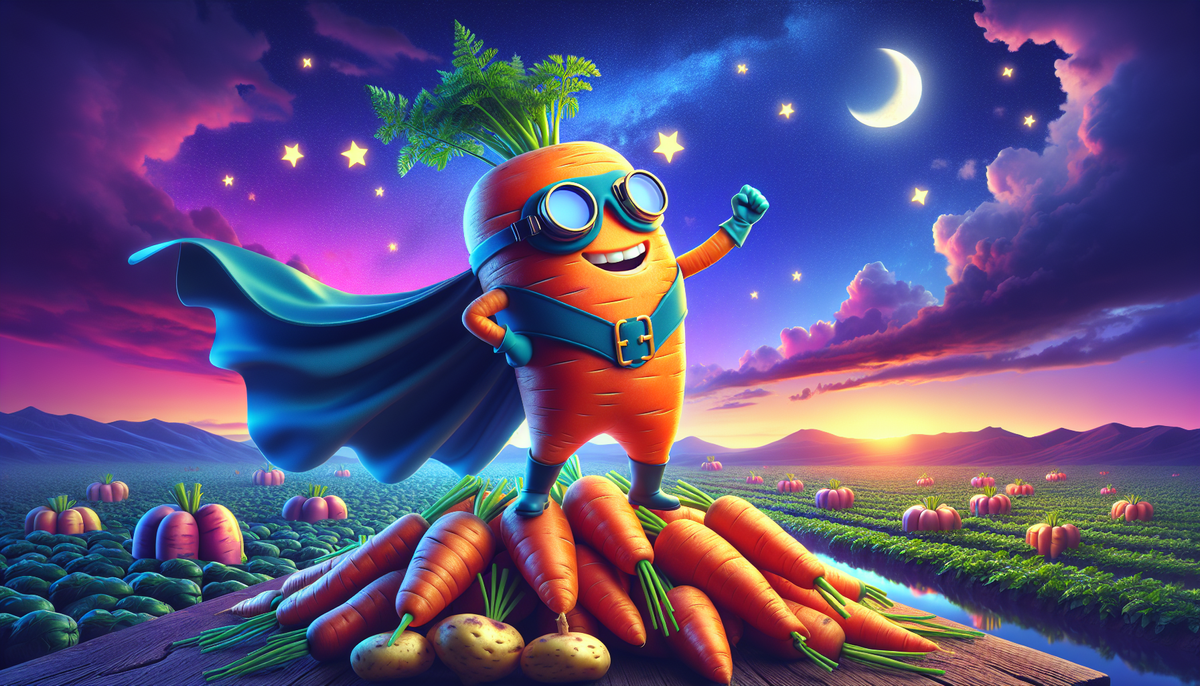
Can Eating Carrots Really Improve Your Night Vision?
Ever wonder if munching on carrots could actually turn you into a nighttime superhero with owl-like vision? I mean, we’ve all heard it before—“Eat your carrots, they’re good for your eyes!” But is there any truth to that? Or is it just one of those myths we’ve been tricked into believing since, like, forever?
Let’s dive into this crunchy mystery and see if carrots are really the secret to seeing in the dark—or if we’ve been duped by a veggie conspiracy.
What’s the Deal with Carrots and Vision?
Alright, here’s the scoop: Carrots are packed with something called beta-carotene, which your body turns into Vitamin A. And yes, Vitamin A is super important for your eyes. It helps keep your cornea (the front part of your eye) healthy and plays a role in producing rhodopsin, a chemical that helps you see in low light. So, in a way, carrots do help your vision… but there’s a catch.
Can They Really Help You See in the Dark?
Okay, here’s where things get interesting. The idea that carrots can give you night vision didn’t just come out of nowhere—it actually started during World War II! British pilots were using new radar technology to spot enemy planes at night, but they didn’t want the enemy to know about it. So, they spread a rumor that their amazing night-flying skills were all thanks to eating a ton of carrots. Yup, they used carrots as a cover story. Sneaky, right?
So, while carrots are good for your eyes, they’re not going to turn you into a human night-vision goggle. Sorry, no superhero powers here.
How Does Vitamin A Actually Work?
Let’s break it down. Vitamin A helps your body produce rhodopsin, which is like your eyes’ secret weapon for seeing in low light. Think of rhodopsin as the thing that helps your eyes adjust when you walk into a dark room after being in bright sunlight. Without enough Vitamin A, your body can’t make enough rhodopsin, and that can make it harder to see in dim lighting.
But here’s the thing: If you’re already getting enough Vitamin A from your diet (which most people are), eating more carrots won’t suddenly give you cat-like night vision. It’s more like a maintenance thing—keeping your eyes healthy, but not giving you superpowers.
So, About That Night Vision…
Here’s the truth: Carrots can help improve your night vision if you’re deficient in Vitamin A. If you’re not getting enough Vitamin A from other foods (like spinach, eggs, or fish), then yeah, eating carrots could help you see better in low light. But if you’re already getting enough Vitamin A, eating a truckload of carrots won’t make you see in total darkness. Sorry, Batman.
Too Much of a Good Thing?
Now, here’s a fun fact: If you eat way too many carrots, your skin can actually turn orange. Yup, it’s called carotenemia, and it happens when you overload on beta-carotene. But don’t worry—you’d have to eat a ridiculous amount of carrots for this to happen. Like, we’re talking several pounds a day for weeks. So unless you’re planning on a carrot-only diet, you’re probably safe from turning into a human pumpkin.
Why Do Carrots Get All the Credit?
So, why do carrots get all the hype when it comes to eye health? Well, it’s partly because of that WWII story, but also because they’re an easy source of beta-carotene. But here’s the thing: Other orange foods, like sweet potatoes and pumpkins, are also loaded with beta-carotene. They just don’t have the same catchy slogan as “Eat your carrots for good eyesight!”
What’s the Real Benefit?
Okay, so carrots won’t give you superhuman night vision, but they’re still great for your overall eye health. Vitamin A helps protect your cornea, keeps your skin healthy, and even boosts your immune system. Plus, carrots are delicious (especially with some ranch dressing, am I right?), so there’s no harm in keeping them in your diet.
But if you’re hoping to see in the dark like a superhero, you might want to invest in some night-vision goggles instead.
Next Time You Pass on the Carrots…
So, next time someone tells you to eat your carrots for better vision, you can confidently say, “Sure, they’re good for my eyes, but they’re not going to give me night vision.” Still, it’s a good idea to keep them in your diet—just don’t expect to start seeing like an owl anytime soon.
Did You Know?
By the way, did you know that humans actually see way fewer colors at night than we do during the day? Even if your eyes were in perfect condition, you’re still not going to see every color in the dark. Weird, huh?
So, while carrots are great for your eyes, they’re not your ticket to superhuman sight. But hey, they’re tasty, healthy, and won’t turn you into a pumpkin unless you go really overboard. Keep munching, and your eyes will thank you! 🥕👀
